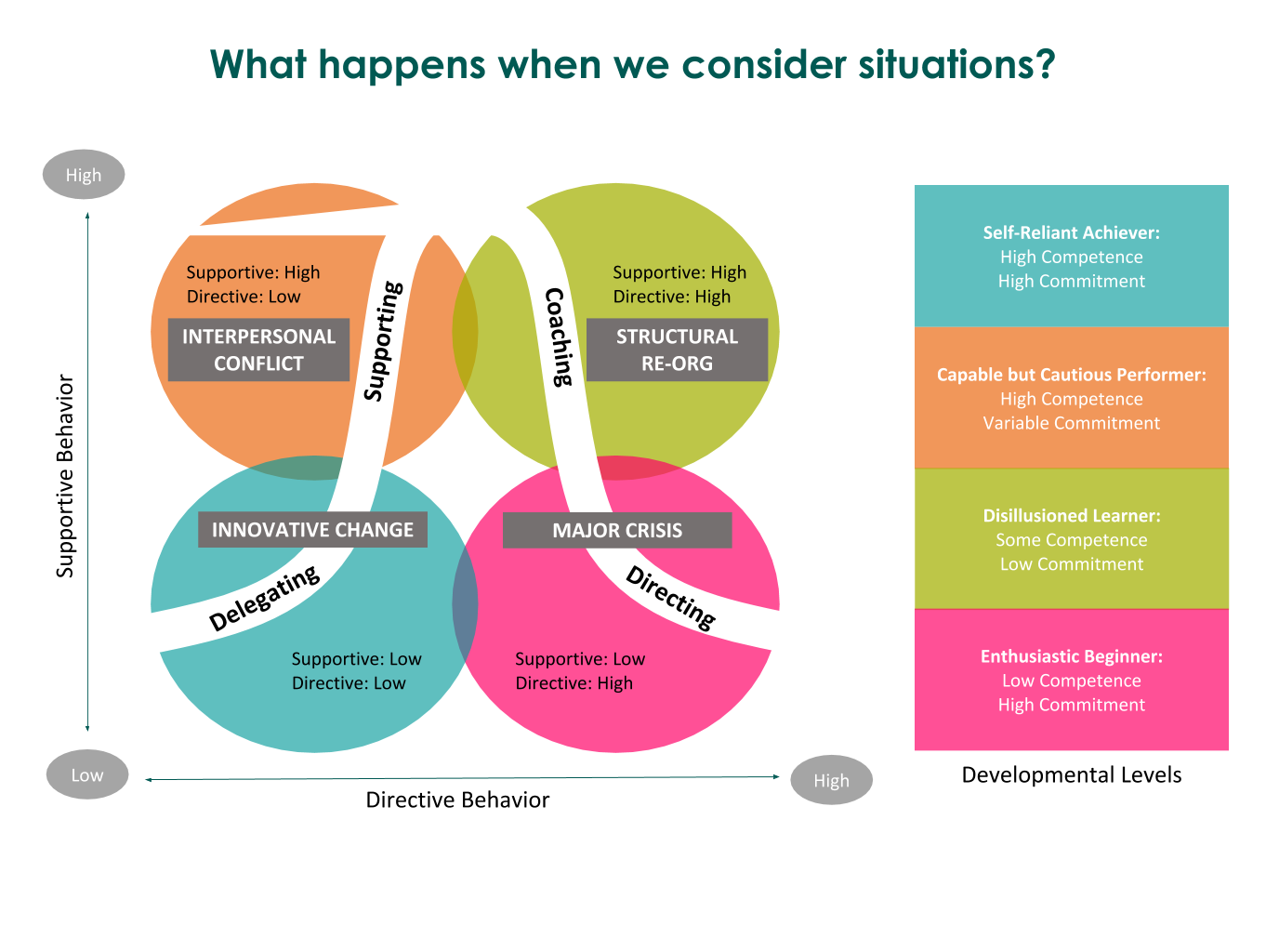Last week, The Gunter Group joined a panel of management consultants to speak to a group of Portland State University business students. We owe much of our success to the encouragement of mentors over the years, so we welcome any chance to pay it forward. The future business leaders and problem solvers we met at PSU represented an impressive and thoughtful group of engaged and motivated students. For those unable to attend, we wanted to capture some of the themes and advice from the panel and invite ongoing discussion with anyone considering a career in consulting.
Tag Archives: Consulting
UPCOMING PORTLAND EVENT: APPLYING AGILE TO THE NON-IT PARTS OF YOUR BUSINESS
Join Matt Jamison, TGG’s Tech Practice Leader, at November’s Agile PDX event as he explores how agile concepts offer a fresh approach to building bridges between strategy, processes, and the realization of business goals. Matt provides examples that illustrate how agile can spill over the boundaries of tech into non-IT parts of the business, providing use cases from HR.
CELEBRATING OUR VETERANS
Veteran’s Day at The Gunter Group is pretty special. You see, 16% of our current employees are veterans so odds are good we have a front row seat for the incredible skills and experience they bring to their work as management consultants. When we say, “Thank you for your service,” to our friends and colleagues, we could just as easily be referencing their most recent success with a client or how they stepped up to lend a hand with our last project.
THE WORLD NEEDS GOOD CHANGE MANAGERS
Change management is the study of human behavior. Human beings hate change, yet change is unavoidable. As professionals in change management, we bring a people-centered approach to our work. This is undeniably good for business, as evidenced by a flourishing market of change management consultants and frameworks.
THE ADVENTURES OF A GENERALIST
At TGG, we’re generalists. Our consultants come from different backgrounds: some come from healthcare or finance, others come straight from the military or academia. Every consultant at TGG has a unique background, and we bring these backgrounds to our work, no matter the client or industry.
SITUATIONAL LEADERSHIP
Our understanding of leadership must continually evolve to remain relevant and impactful in today’s business climate. One method of leadership that develops an ability to meet the ever-changing needs of an organization and its employees is called Situational Leadership.
EMPLOYEE ENGAGEMENT
If you could improve your company’s profits by 21%, reduce attrition by 24% to 59%, and improve your employees’ morale—all without significant cash outflow or investment—would you do it (1)? It is doubtful anyone would answer no to the above question, although that is what many are essentially doing when they don’t make employee engagement a priority in their organization.






